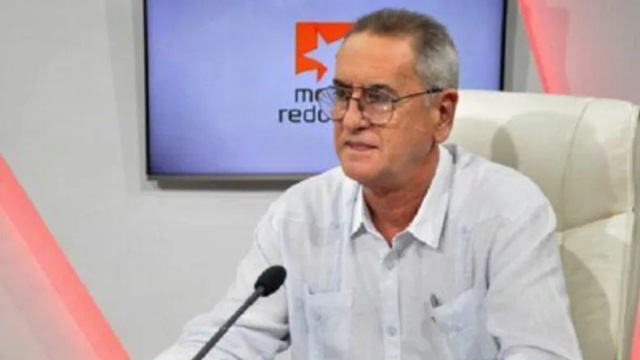 Can a New Minister Turn Around Cuba’s Battered Economy?
Can a New Minister Turn Around Cuba’s Battered Economy?
“Cuba has a chronic systemic problem. In the economic sense, this is what János Kornai described in his 1980 monograph, ‘Economics of Shortage.’ Cuban communism has maintained its economy in a socialist enclave, despite its market ventures using state-owned enterprises and concessionary capitalist tools. This has helped the Cuban regime to survive. The Cuban people, pragmatism. The Cuban regime’s economic ministerial replacement is of little relevance. Cuba is still a totalitarian state. Seminal decisions regarding policies, particularly ones that could be consequential, are decided beforehand by the top echelon of power. By the time it reaches the desk of Joaquín Alonso, as was the case with Alejandro Gil, they are simply orders to implement. Not even the Chinese or Vietnamese variants of market socialism appear workable in the Cuban context. This is clearly out of fear of losing power. Corruption is another mainstay in Cuba. It has molded into its essence. At the top levels of government, the pillaging of state assets, as well as the exploitation egregious. Scapegoating is another systemic characteristic. Gil is serving that role now. Cuba is transitioning to a socialist kleptocracy, a Putinism with Cuban characteristics. The people are aware of this scheme, which makes obvious the haves and the have-nots. The protests are a sign of popular discontent beyond recognition. It is a change of system, not a change of economic minister, that is desperately needed.”
Source: www.thedialogue.org/latin-america-advisor-2024-03-29

